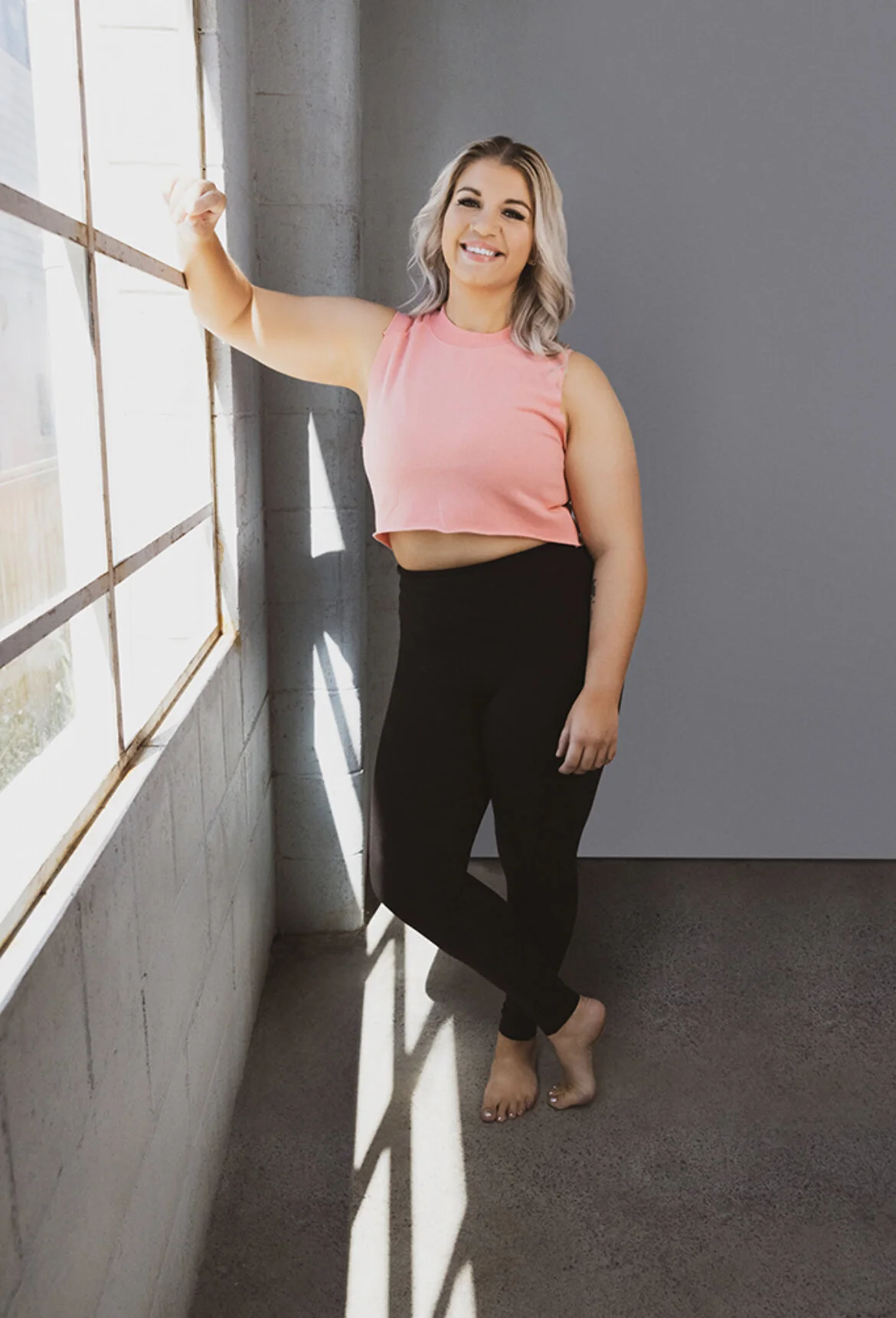Body Image in Athletes
What you told me about this…
I recently held a poll on my Instagram story asking my followers if they had ever, as an athlete, experienced negative body image issues.
The response was overwhelming. 100% said Yes.
Let’s talk about it.
I was certainly expecting some people to report that yes, they had experienced negative body image issues. From my studies in sex and gender, and real life observations and experiences, I fully expected women and girls to report this. It’s no secret that there is enormous societal pressure for women to look and act a certain way, and female athletes are constantly being objectified and sexualised over their looks, before being celebrated and respected for their sporting prowess and athletic ability. Further, many traditionally female dominated sports such as gymnastics and dance have explicit aesthetic expectations of what an athlete in that sport looks like. This has led to athletes developing eating disorders and an unhealthy amount of over-training to fit the profile of what is expected of them.
I fully expected some people to report negative body image experiences due to not fitting the profile of their sport, or position… or perhaps they do fit it and it has some negative connotations or hurtful stereotypes. Take rugby, for example. I want you to think about what a prop looks like. Now think about what a full back looks like. I am willing to bet that the two people you thought of have very different physiques, expectations and connotations. I played loosehead prop in rugby union for about 12 years. It was not an easy feat trying to be a beast on the field, live up to the sporting expectations of a prop forward, and still meet the expected looks, behaviours and interests of a teenage girl (gross - I know, but try telling that to my younger self).
I fully expected some people to report that yes, they had experienced negative body image issues. What I wasn’t expecting was for 100% of participants to click ‘Yes’.
The Demographics - Who experiences this?
Basically, everyone. I can tell you that from the people who participated in the poll, it was almost a 50/50 split between men and women. The age range was from 18 to 40 years old. So many different sports: rugby, boxing, athletics, netball, soccer, league, powerlifting. A range of different nationalities, ethnicities and cultures, from Australia, New Zealand, Samoa, Tonga, Solomon Islands, Vanuatu, Scotland, England, Wales, Ireland and the USA. From observation, every single body type imaginable - all the different variations of ectomorph, mesomorph and endomorph somatotypes, and also from different backgrounds, socioeconomic status and education levels. As with mental health/illness, body image issues do not discriminate - we are all equally likely to be affected at some point.
Body Dysmorphic Disorder
I dug a little deeper into the subject, speaking to my regular clients who were happy to elaborate on their reasons for clicking yes, and provide a little more insight. What came up time and time again was (whether conscious of it or not) anecdotes consistent with the characteristics of body dysmorphic disorder. Body dysmorphic disorder is a mental illness characterised by obsessive focus on a perceived flaw in appearance. In my circles (not as frequent any more, thankfully) but certainly growing up, there was a real focus in my girlfriends on being small, skinny, petite. It’s all too familiar a scenario - developing an unhealthy relationship with food, participating in fad diets, excess exercise (with little to no recovery), disordered eating. Skipping meals when the scales don’t go down, binge eating, deliberate vomiting, abuse of laxatives, obsessing over calories, carbs and sugar…
I was particularly interested in learning more about the male perspective. There have been great attempts in recent years to bring the concept of men’s mental health into focus. For too long toxic masculinity and outdated thinking have kept our boys and men from processing, healing and developing happy, healthy relationships with themselves and others. One client opened up to me recently about his experience with body dysmorphic disorder - a strain more common in men, informally known as reverse anorexia. Muscle dysmorphia is a condition where the athlete constantly believes they are not muscular enough, despite how obvious it might be to others. This can lead to overtraining, under eating (as they try to build muscle and shred fat), anabolic steroid abuse, and can also trigger other health and wellbeing issues.
What can we do about it?
To put it simply, as a society we need to stop. Stop promoting the obsession of seeking perfection. Perfection doesn’t exist. You will be told that you are too skinny, too fat, not muscly enough, too bulky, you’re wearing too much or not enough make-up, that you should have long hair, short hair, look taller, be smaller, more tanned, more white… Unlearn the toxic bullshit that we internalised growing up. Focus on you. Accept yourself for who you are, and embrace the body you have. The skills it has mastered and achievements it has collected. Love yourself. Catch yourself when judging other people on their appearance, and call others out when they do the same. We’re all in this together. Let’s not be dicks.
Be kind to each other - Kirst

